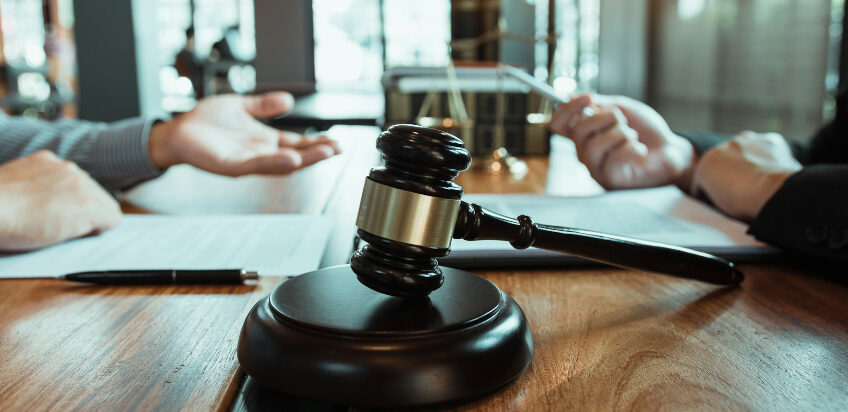When a consumer is injured by a defective product, the law provides a way to hold the responsible parties accountable. In New Jersey, product liability claims are governed by the New Jersey Product Liability Act (NJPLA), which allows injured individuals to pursue compensation for damages such as medical expenses, lost wages, and pain and suffering. One of the most important questions in these cases is who can actually be held liable.
Product liability law in New Jersey is broad and may extend responsibility to multiple parties within the chain of distribution. This ensures that victims are not left without recourse simply because they cannot pinpoint the exact stage at which the defect arose.
Manufacturers
The most obvious party in a product liability claim is the manufacturer. Manufacturers can be held liable if the product has a design defect, a manufacturing defect, or lacks adequate warnings. Because they create the product, they are in the best position to ensure that it is safe before reaching the market.
For example, if a car manufacturer designs a vehicle with an unstable frame that increases rollover risks, or a pharmaceutical company produces a drug without testing for harmful side effects, they may be held liable for resulting injuries.
Component Part Manufacturers
Sometimes the defect is not in the final product but in a specific component used to build it. In these cases, component part manufacturers may also face liability. For instance, if a defective airbag supplied to an auto company malfunctions and causes harm, the airbag manufacturer can be held responsible along with the car manufacturer.
Distributors and Wholesalers
Products often pass through multiple hands before reaching store shelves. Distributors and wholesalers act as intermediaries, moving products from manufacturers to retailers. If they played a role in distributing a defective product, they can also be held accountable under New Jersey law. Even though they may not have created the defect, they are part of the chain of commerce and can be responsible for ensuring safe products reach consumers.
Retailers
Retailers are often the final link in the distribution chain. While stores typically do not manufacture products, they can still be held liable if they sell a defective product to consumers. Liability may arise if the retailer fails to remove recalled items from shelves, sells expired products, or markets a product without proper instructions or warnings.
For example, if a hardware store sells a batch of ladders that were recalled for safety issues, the store could share responsibility for any resulting injuries.
Others in the Supply Chain
In some cases, other entities may also be liable, such as:
- Importers bringing defective foreign-made products into the U.S.
- Marketers or advertisers who misrepresent the safety of a product.
- Contractors or installers if the product was defectively assembled or installed.
New Jersey law recognizes that multiple parties may share liability, and a plaintiff can pursue claims against all potentially responsible entities to ensure fair compensation.
Strict Liability Standard in New Jersey
A key feature of product liability in New Jersey is the strict liability standard. This means that injured parties do not need to prove negligence or intentional wrongdoing. Instead, they only need to demonstrate that the product was defective, that the defect made the product unreasonably dangerous, and that the defect caused their injuries. This standard broadens the scope of liability and protects consumers by holding all participants in the distribution chain accountable.
Conclusion
In New Jersey, liability for a defective product may extend beyond just the manufacturer to include component suppliers, distributors, wholesalers, retailers, and even importers or installers. By allowing claims against all parties in the chain of distribution, the law ensures that injured consumers have multiple avenues for recovery.
If you or a loved one has been harmed by a defective product, consulting with a knowledgeable New Jersey product liability attorney is crucial. An attorney can identify the responsible parties, evaluate the strength of your case, and pursue the compensation you deserve.
